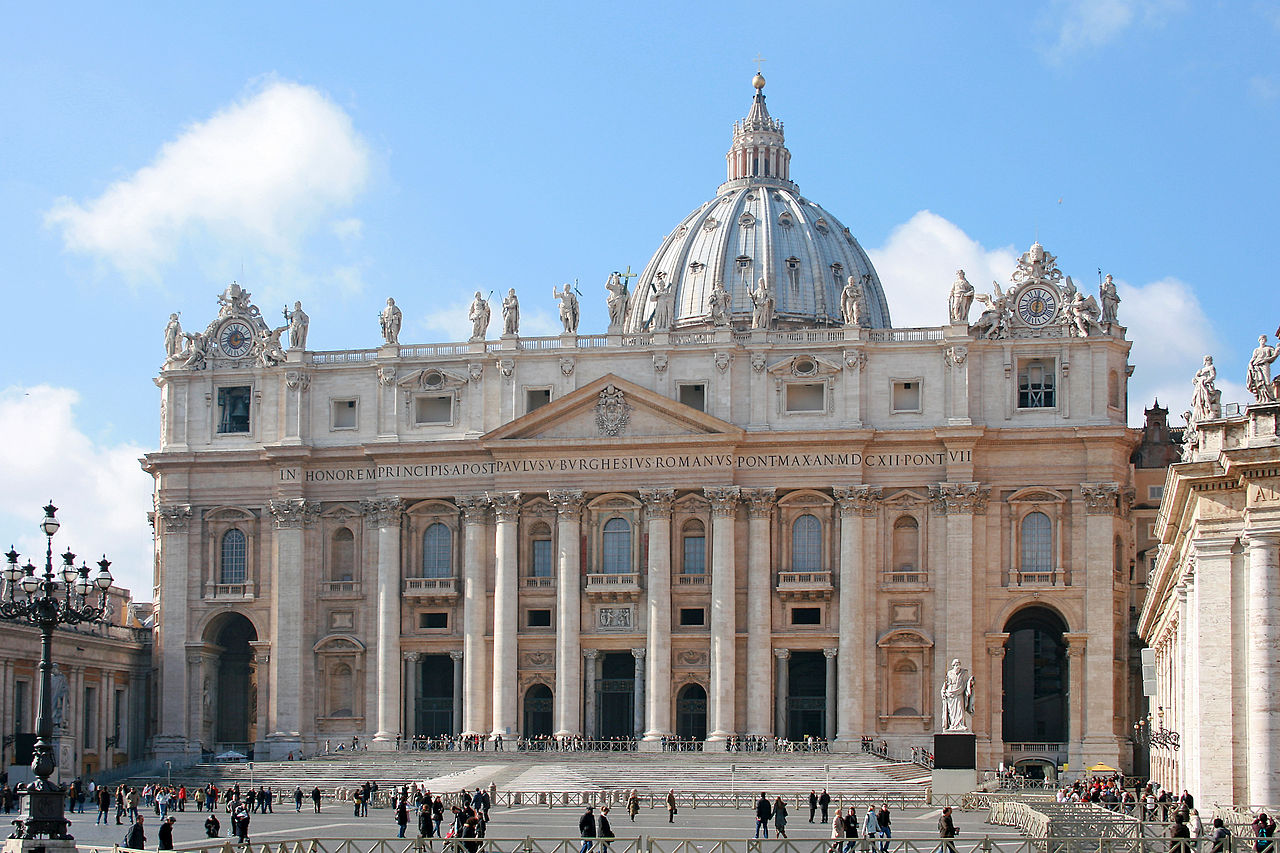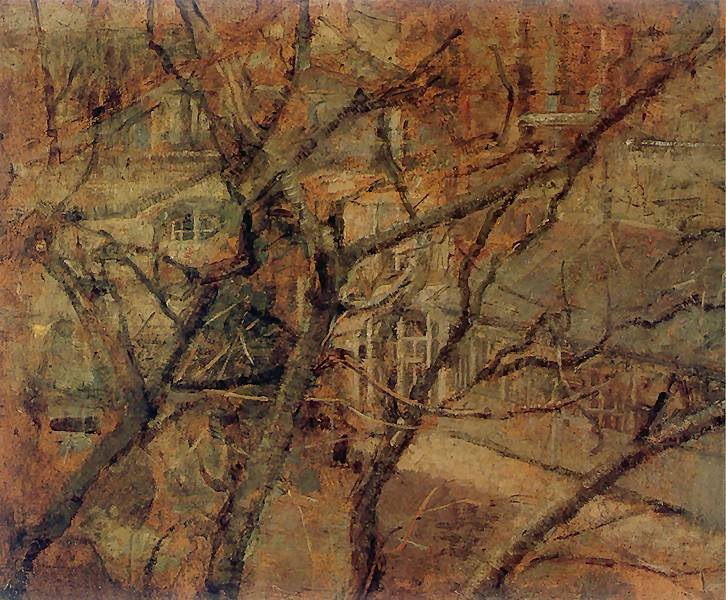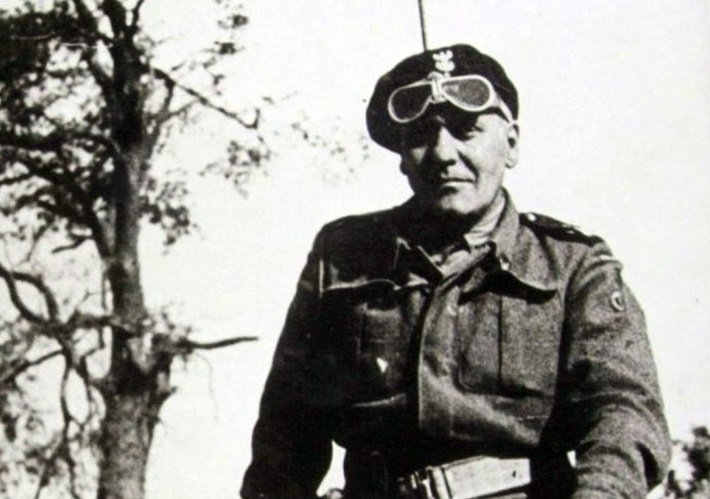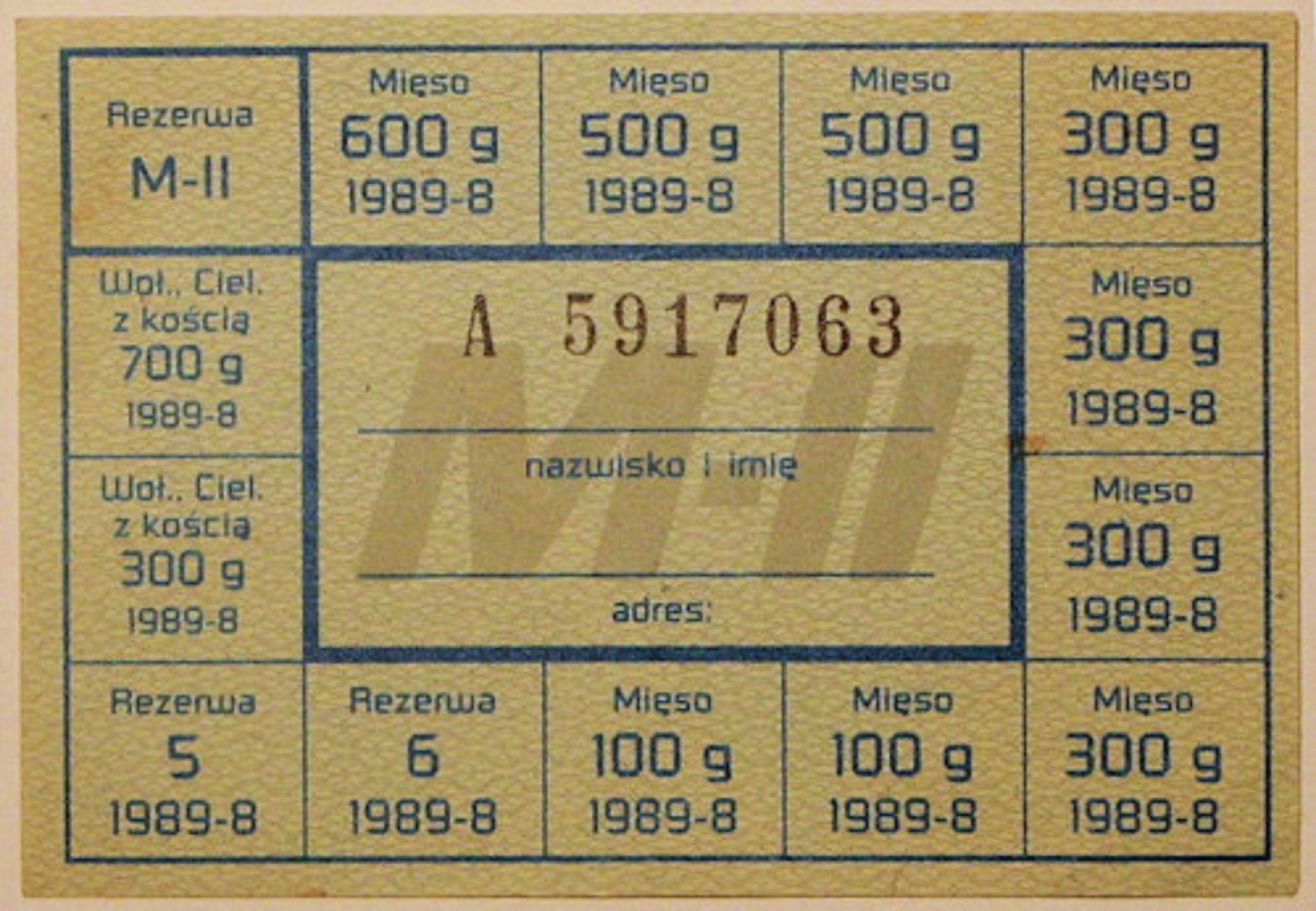“We have written this not only to the German nation, but to our own nation as well. What we have written is (truly) devoid of cheap historical lies. We believe that an opportunity has presented itself – an opportunity to bring about a turning point in the current situation. We implore you, do not turn the opportunity down. God will reward you for it!” wrote Cardinal Bolesław Kominek, the initiator and the chief editor of the address by Polish bishops to German bishops (dated 18 November), in October 1965.
by Paweł Skibiński
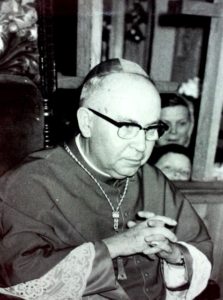
Today, we rightly view this address as the starting point for the process of Polish-German reconciliation. The aim of this process was to enable the European community to be established beyond the division into the Soviet bloc and the so-called free world (in force since 1965). It also made it possible to create an international environment in which a free Poland could come into being.
Today, fifty years after since the document was written, there is reason to ask: what was it about a text signed by the Polish episcopate that made it contribute to such profound transformation of contemporary reality?
It seems that what played a crucial role here was the fact that the hierarchs of the Catholic Church in Poland had faced up to historical truth (a fact mentioned by the Kominek, the Archbishop of Wrocław, in his letter). Seen in the context of possible reconciliation between the Poles and the Germans, this truth had been an extremely difficult one: it was connected with the genocide committed by the Germans on millions of our fellow countrymen, and committed fairly recently, a mere twenty years earlier.
In their address, Polish bishops had first restored an appropriate perspective on the Polish tragedy during the Second World War. The address viewed that calamity as likely the most tragic yet but one of many events in the thousand-year history of Polish-German relations. At the same time, the bishops were far from rendering German atrocities relative (as has occasionally been the case in recent years). These atrocities remained enormous – but still they did not outweigh Christian mercy.
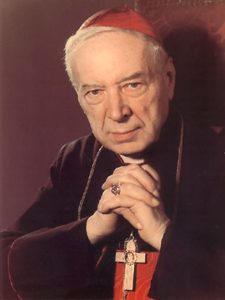
Still, it must be noted that this departure (on the parts of Archbishop Kominek, Cardinal Wyszyński, Archbishop Wojtyła and others) in rendering German atrocities made communist legitimization doubly null and void, causing the communists to lose their position as those who defended the nation against German revanchism and to lose their role of those who introduced a brand-new following in the apocalyptic calamity of global war. According to the signatories of the address, the Polish community had lasted much longer than communism and negotiated relations with the Germans, a fellow Christian nation, long before that nation had sold itself to Nazism. By implication, Poland would also negotiate these relations in the future, independent of communism.
The Polish bishops wrote: “We are indeed greatly indebted to Western culture, German culture included.” At the same time, they did not conceal painful aspects of mutual relations, indicating conflict with the Teutonic Knights, partitions and the atrocity of the extermination of the Polish people and their elites during the Second World War.
The bishops were able to empathize with Germans, who likewise had paid a high price for the war. They wrote: “We understand very well that the Polish border on the Oder and Neisse Rivers is, for the Germans, a most bitter fruit of the last war, of mass destruction; the suffering of millions of German refugees and displaced persons is another such fruit. […] The majority of the population left these areas for fear of the Russian front, and fled West. For our Homeland, which emerged from this mass murder an extremely exhausted, rather than victorious, state, this border is an existential matter (rather than a matter of expanding our Lebensraum).” At the same time, the bishops reminded their counterparts that, after the war, Polish people were left “without their eastern territories, from whence, since 1945, millions of Polish peoples [sic] had had to migrate to “Potsdam territories in the West.” They also reminded their readers of the ravages of war, which had far exceeded German losses.
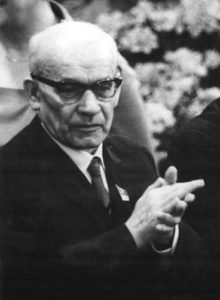
These insights expressed a historical truth which had been inconvenient at the time, particularly in two of its aspects: first, they highlighted the fact that the events of 1944 to 1945 on western territories are impossible to understand without taking into account the presence of the Soviets, whom the “expelled / turned away” fled; second, that the bishops stressed that Poles had lost the war, suffering not only great human and material but also territorial losses – after all, Poland’s eastern territories had been seized by the Soviets. It is thus no wonder that expressing the truth about these events so openly must have enraged Moscow and its governors in Warsaw: Władysław Gomułka and the PZPR, the Polish United Workers’ Party. Polish communists relied, above all on their alliance with Moscow as a guarantee of safety from German revindications. This alliance was mendacious in its essence, with the two sides entering into it on unequal terms.
Another reason for the furious reaction of representatives of the communist regime (who, as a result of the address, launched an unprecedented, brutal attack on the primate of Poland and the entire episcopate), was the fact that the letter was seen as an attempt to conduct diplomatic relations outside the structures of the communist state. Taking advantage of its position as an informal yet actual exponent of the opinion of the Polish nation (the entire Catholic nation, not just Catholics), the bishops held out the olive branch, not just to the other Church, but also (precisely) to the other nation.
The entire historical argument of the address (which had Polish bishops reference their saints and Polish scholastic achievement, including the university in Kraków, the oldest in this part of Europe) was constructed with a view of demonstrating Polish subjectivity to German bishops. This was hard to accept, not only for the Warsaw and the Moscow communist, but also for the German episcopate, who subscribed to the myth (deeply rooted in German culture) of their superiority, in terms of civilization, to eastern nations including the Poles. As the Wrocław historian Robert Żurek rightly noted, the address of the Polish bishops had been greeted with a certain amount of condescension by the German episcopate. Even a hierarch as favorably disposed towards the Poles as Cardinal Julius Döpfner of Munich demonstrated a tendency to lecture Cardinal Wyszyński on what did and what did not constitute nationalist discourse in the bishops’ addresses.
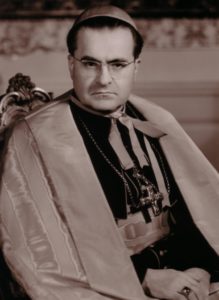
Therefore, Archbishop Kominek and Cardinal Wyszyński were right to address the Germans as equals in their historic document; to hold out the olive branch in a spirit of partnership. In the name of the Polish people, they took the independent decision (rooted in Christian mercy) to forgive the wrongs suffered by the nation.
Thus they not only told the truth about the history of Polish-German relations, but they also expressed the subjective Polish interpretation of that history. Polish people were (and still are) entitled to such an interpretation; they were and are entitled to communicate this interpretation to their neighbors; while also showing full understanding of their different stance.
Both what the bishops told the Germans of the two nations’ common history and how they said it was to become the foundation of the process of efficiently bringing the stances of the two nations closer together and, in the longer run, of reconciliation.
The other reality-changing component (apart from making a reference to historical truth) of the address was precisely that: reconciliation. The reconciliation proposed by Polish bishops was not founded on amnesia but on the mutual forgiveness of faults; and thus was made possible only with a reference to Christianity. It is therefore no accident that reconciliation of this kind was initiated by the Catholic episcopate of one of the feuding nations. Nor is it an accident that it was the nation that had suffered the greater, one might say irreparable, wrong.
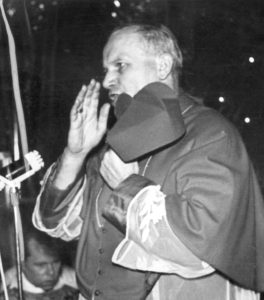
Such reconciliation would not have been possible simply in any location where great international conflict have erupted over the course of the 20th century. Suffice it to mention the Palestinian–Israeli conflict in the Middle East, or the feud between the Japanese and the Chinese in eastern Asia. In both cases, the absence of a reference to Christian concepts makes it practically impossible to contemplate discarding, in the long run, the logic of retribution. In the case of Poles and Germans, Christianity was shown to have offered a platform of reconciliation.
The address of the Polish episcopate of 18 November 1965 was thus founded on courageously uttering the historical truth about mutual relations, albeit a truth as seen from Poland, and by the Polish people. One must agree with Archbishop Kominek that the address is “devoid of cheap historical lies.” For, as preached by one of the signatories of the document, the fourth to sign it, then the Archbishop of Kraków, Karol Wojtyła: “The Truth shall liberate you.” The truth of the history of our relations with Germany did indeed liberate us from the mental dependency on the custody of our eastern Soviet neighbor; it also liberated Germans from their inability to confess to the atrocities they had committed against Poles.
The address is still relevant to us today: it teaches us to speak of our own past in a clear and subjective manner: showing no arrogance, but also no humility. As the history of the Episcopal address shows, truth and subjectivity constitute the proper ground for collaboration, even if and when one is burdened with the most cumbersome baggage of a tragic past.
Author: Professor Paweł Skibiński – historian, lecturer at the University of Warsaw, specialist in the recent history of the Catholic Church, chair of Cardinal Stefan Wyszyński ProMemoria editorial board, from 2010 to 2015 CEO of the John Paul II and Primate Wyszyński Musekomium.

